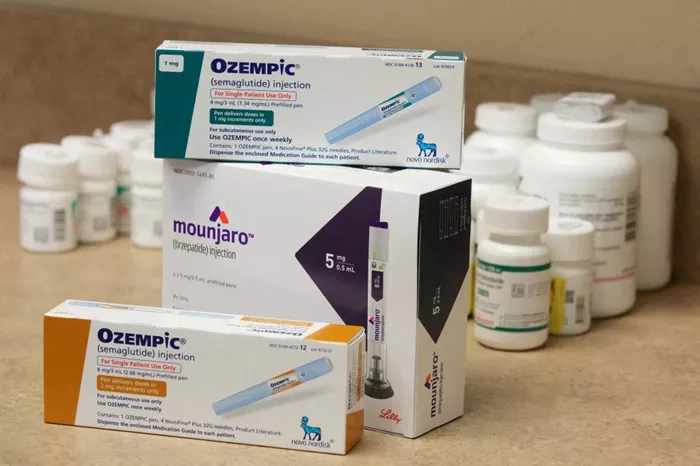Eli Lilly’s weight loss drug, Zepbound, has received approval from the U.S. Food and Drug Administration (FDA) for treating obstructive sleep apnea (OSA) in adults with obesity. The announcement was made late Friday.
The FDA’s decision follows several clinical trials this year that demonstrated Zepbound’s effectiveness. The drug, which is based on tirzepatide, proved to be five times more effective than a placebo in reducing breathing interruptions caused by OSA. In some cases, it completely prevented these disruptions in 50% of participants12.
Effectiveness of Zepbound
In the final trial, researchers examined both sleep apnea and weight loss among participants using Zepbound. Some patients wore traditional positive airway pressure (PAP) masks while sleeping, while others did not. For those not using a mask, Zepbound significantly reduced breathing disruptions per hour compared to a placebo34.
Patrik Jonsson, president of Lilly USA, stated, “Zepbound is the first medication that significantly improves moderate-to-severe OSA and aids in long-term weight loss in adults with obesity.” Participants taking Zepbound alone lost an average of 45 pounds, or about 18% of their body weight. Those combining Zepbound with PAP therapy lost around 50 pounds or 20% of their body weight56.
Jonsson highlighted that nearly half of the trial participants experienced such improvements that they no longer showed symptoms of OSA. He called this a significant advancement in addressing the health challenges associated with the disorder78.
Broader Implications
Zepbound was previously approved for obesity treatment in November 2023. This new approval expands its use and could enhance insurance coverage for patients suffering from both conditions. Eli Lilly estimates that approximately 20 million adults in the U.S. have moderate to severe OSA, with many cases remaining undiagnosed9.
Following the announcement, Eli Lilly’s stock rose by 1.6% on Monday, reflecting a year-to-date increase of about 34%. Conversely, shares of ResMed, a company that produces sleep apnea masks, fell by 4% as they have been adversely affected by the trials related to Zepbound12.
This approval marks a significant milestone as Zepbound becomes the first prescription medication specifically approved to treat obstructive sleep apnea.

